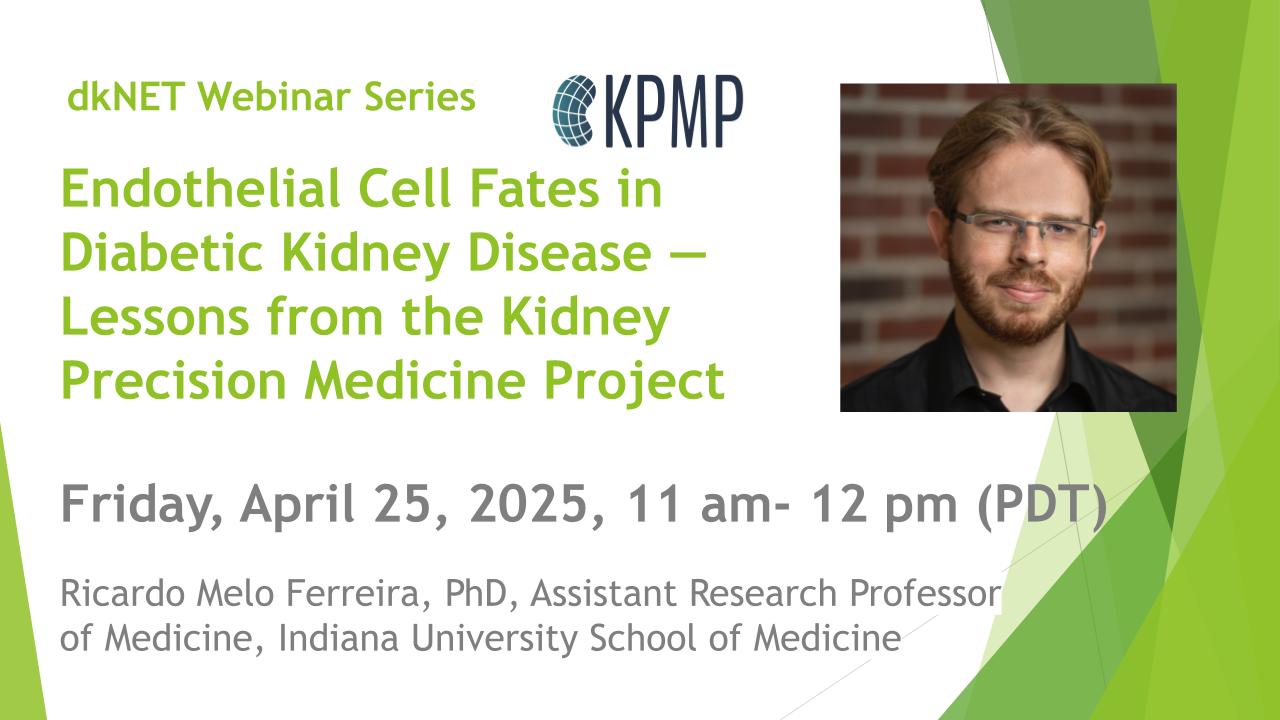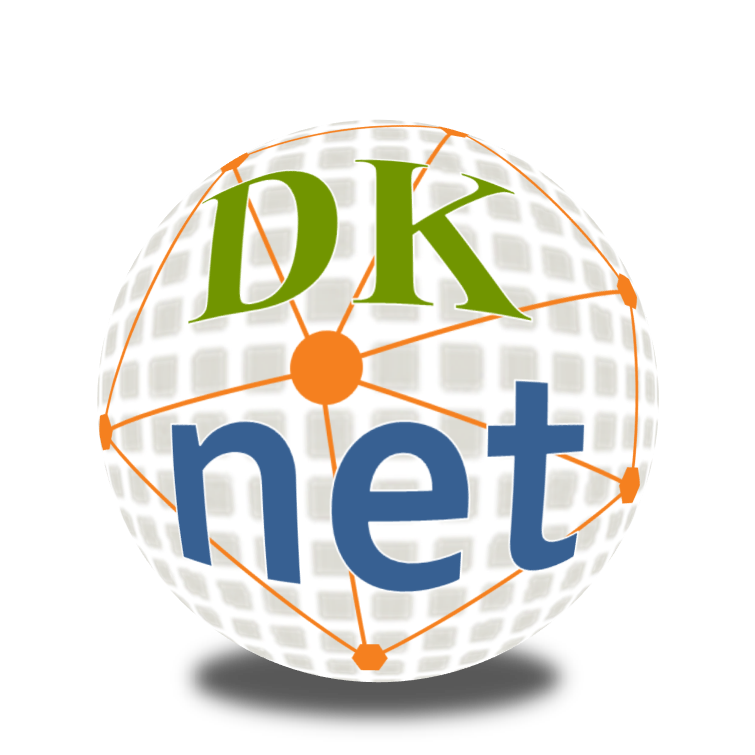Leaving Community
Are you sure you want to leave this community? Leaving the community will revoke any permissions you have been granted in this community.
[Recorded Webinar and Slides are Available Now!] Join dkNET Webinar - Appyters: Turning Jupyter Notebooks Into Data-Driven Web Apps
*Watch recorded webinar here: https://youtu.be/-Hi3y3EIpSs
*Webinar slides:
https://www.slideshare.net/dkNET/dknet-webinar-appyters-turning-jupyter-notebooks-into-datadriven-web-apps-05282021
Join dkNET Webinar on Friday, May 28, 2021, 11 am - 12 pm PDT
Abstract
Jupyter Notebooks have transformed the communication of data analysis pipelines by facilitating a modular structure that brings together code, markdown text, and interactive visualizations. Here, we extended Jupyter Notebooks to broaden their accessibility with Appyters. Appyters turn Jupyter Notebooks into fully functional standalone web-based bioinformatics applications. Appyters present to users an entry form enabling them to upload their data and set various parameters for a multitude of data analysis workflows. Once the form is filled, the Appyter executes the corresponding notebook in the cloud, producing the output without requiring the user to interact directly with the code. Appyters were used to create many bioinformatics web-based reusable workflows, including applications to build customized machine learning pipelines, analyze omics data, and produce publishable figures. These Appyters are served in the Appyters Catalog at https://appyters.maayanlab.cloud. In summary, Appyters enable the rapid development of interactive web-based bioinformatics applications.
The top 3 key questions that Appyters can answer:
1. I wrote my workflow as a Python Jupyter Notebook, is there an easy way that I can quickly convert this notebook into a web app so that others can use my workflow to process their data?
2. I have bulk RNA-seq data that I collected and would like to analyze. The genomics core provided me with the aligned reads file, but I am not sure about the next steps. Can I use an Appyter to analyze my data?
3. I am interested in doing some data analysis using the TCGA RNA-seq data, but I am having trouble accessing and formatting the data I need from the new GDC data portal. Is there an Appyter that I can use to access these RNA-seq data?
Presenter: Avi Ma'ayan, PhD, Mount Sinai Endowed Professor in Bioinformatics, Professor in Department of Pharmacological Sciences, and Director of Mount Sinai Center of Bioinformatics, Icahn School of Medicine at Mount Sinai
Dial-in Information:
Date/Time: Friday, May 28, 2021, 11 am - 12 pm PDT
https://uchealth.zoom.us/meeting/register/tZEvfuysrzwpG9RnaZmgADvOKsFe7vpB6S78
Upcoming webinars schedule: https://dknet.org/about/webinar





